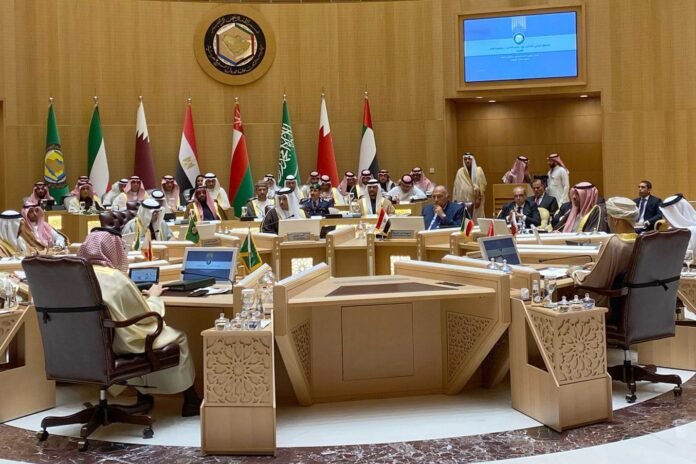Gulf economic unity discussions continue as Oman took part in the 123rd meeting of the GCC Financial and Economic Cooperation Committee on Sunday. The meeting, hosted in Kuwait, gathered top finance officials from across the region. Sultan Salim Al Habsi, Oman’s Minister of Finance, led the delegation from Muscat.
Moreover, Gulf economic unity discussions continue to grow in complexity as the bloc navigates economic shifts and global trade developments. During the meeting, finance ministers reviewed outcomes from four major technical committees. These included central banking, customs, taxation, and market integration. Each committee presented updates and recommendations.
To begin with, the committee first addressed the results of the 84th meeting of the GCC Central Bank Governors. Officials examined monetary policies, banking cooperation, and cross-border payment systems. This review helped prepare the group for deeper coordination in financial oversight and liquidity management across the Gulf.
Subsequently, ministers then turned to updates from the GCC Customs Union Authority. They explored progress toward unified tariffs, simplified trade logistics, and improved customs technologies. Additionally, discussions also focused on challenges facing customs cooperation, particularly in relation to international supply chains.
Next, the 14th meeting of the GCC Tax Departments Committee came under review. Member states shared updates on tax frameworks, VAT harmonisation, and digital taxation trends. Furthermore, officials also examined how recent global inflation and regulatory changes have impacted domestic revenue systems.
In particular, Gulf economic unity discussions continue to highlight the growing relevance of the Gulf Common Market. The committee considered the findings of its 42nd Gulf Common Market meeting. This session reviewed mobility rights, business ownership policies, and access to services across the member states.
Importantly, the recent increase in United States customs duties featured prominently on the agenda. Ministers debated the potential ripple effects on Gulf trade flows and economic stability. As a result, officials stressed the need for a coordinated regional response to external trade disruptions.
In addition, the committee evaluated the status of free trade negotiations involving the GCC. Countries under discussion included major Asian and Latin American economies. Ministers assessed the strategic importance of each deal and how it may align with Gulf economic goals.
Furthermore, the meeting addressed developments in the GCC Payment Linkage System. Several states reported successful trials of cross-border payments, easing transactions between commercial banks in different member nations. Ministers welcomed the progress but called for quicker implementation across all countries.
Meanwhile, the committee also reviewed technical studies conducted by the Office of the GCC Economic and Development Affairs Authority. These included feasibility reports on joint projects and assessments of integration benchmarks. Ministers urged the authority to fast-track proposals aligned with regional growth targets.
Notably, Gulf economic unity discussions continue to stress the vision of regional citizenship. On the sidelines of the meeting, the GCC Secretariat General launched a new campaign titled “All the Gulf is a Homeland.” The campaign promotes equal rights for GCC citizens across member countries in employment, healthcare, and education.
Through this campaign, officials aim to raise awareness about the benefits of economic integration. They hope to strengthen public support for deeper Gulf cooperation and shared identity. Moreover, the media initiative also underscores the long-term commitment to regional unity.
Finally, as talks concluded, ministers reaffirmed their intention to advance Gulf economic unity. They agreed to meet again later this year to review implementation progress and adjust regional priorities.


